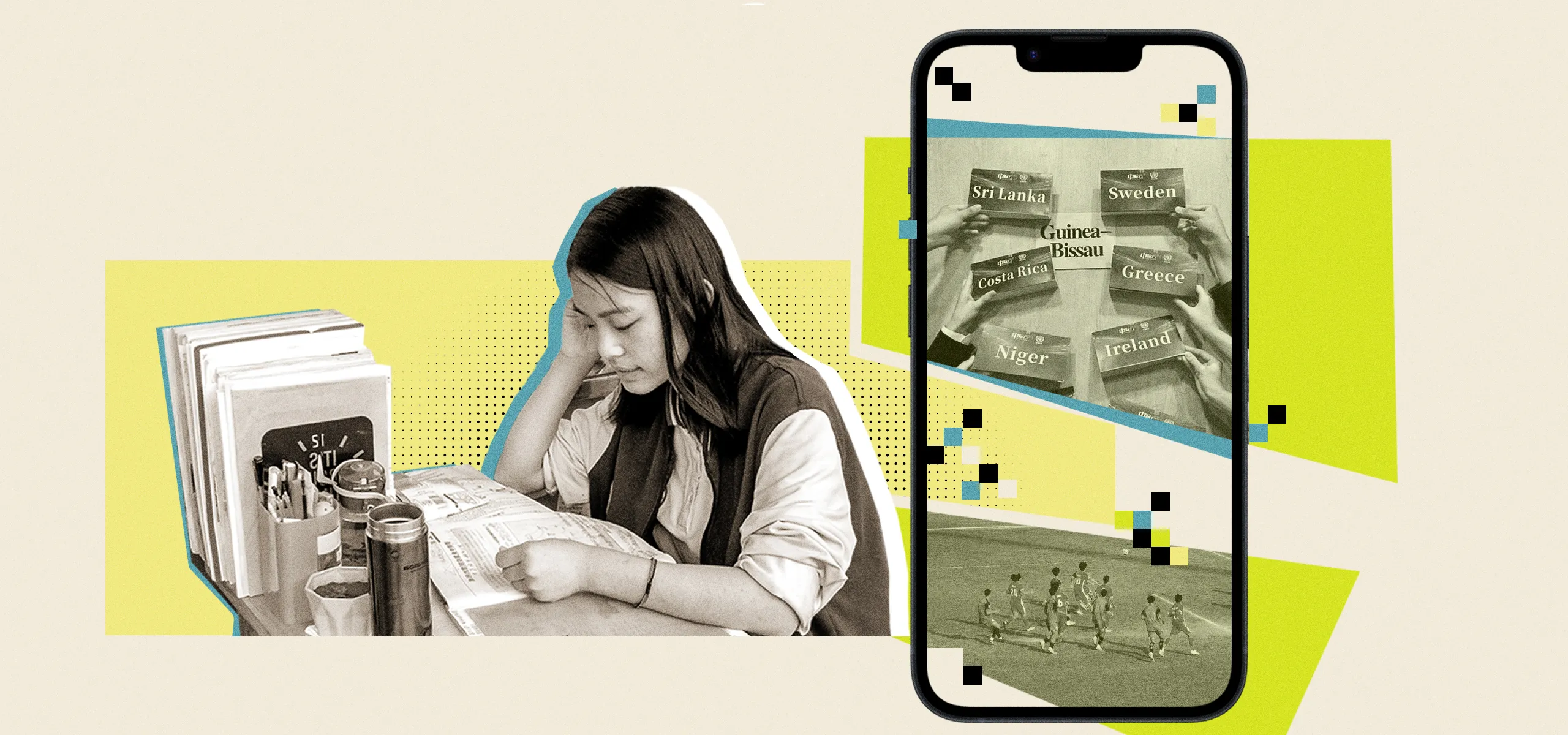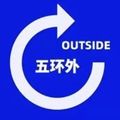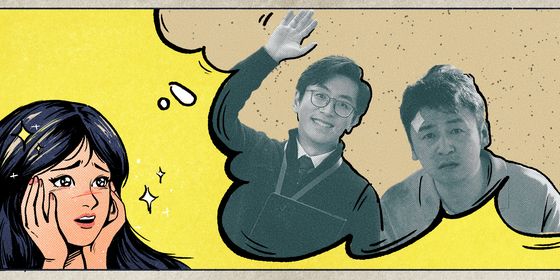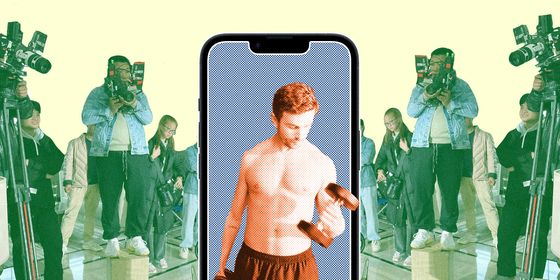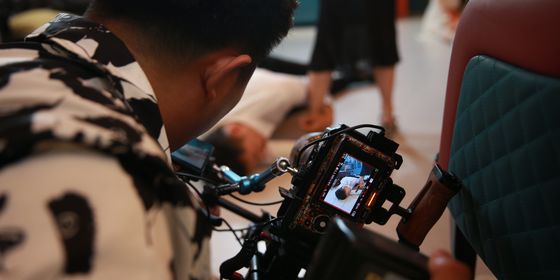Anxiety has grown among China’s rural students as the internet provides them with glimpses into the lives of their more privileged urban peers
In the Hugo award-winning sci-fi novella Folding Beijing by Hao Jingfang, China’s capital is physically segregated among three social classes. The protagonist Lao Dao, a waste processing worker at the bottom of society, has to evade surveillance cameras, hide behind bushes, and crawl along drainage pipes in his quest to enjoy the same conveniences as the upper classes. But for Mengmeng, a high school student from a county town in south-central China, a mobile phone is all she needs.
Xiaohongshu (literally “Little Red Book”) is a Chinese social media and lifestyle app. Its algorithms curate content targeted to each user based on their browsing habits. It turns Mengmeng’s phone screen into a window where the lives of her peers in Beijing, Shenzhen, and Sydney are displayed via 5-to-10-minute videos, showing her a world as diverse as it is unequal.
But after Mengmeng saw the huge disparities in resources between these metropolises and her hometown, her enthrallment quickly morphed into anxiety and anger. Out of sight from her family and school, a small-town teen went through a mental health crisis alone.





